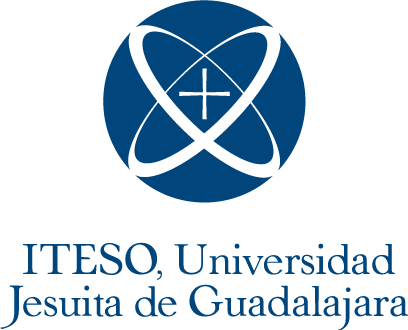Abstract:
English:
This commentary discusses the contributions of Miller, Dawson-Sinclair, Eivers and Thorpe; Colliver and Lee-Hammond; Verissimo, Martim and Guimaraes; and Ferreira Santos which point to the urgent need of developing a culturally responsive education in communities with a history of colonization. These communities have been treated under a deficit model such as it has been the case of many indigenous communities in the world, or other vulnerable groups. The authors of the four chapters argue for a transformation of the institution of schooling towards an educational model that promotes children’s development in accord with the cultural practices, knowledge and traditions of their communities. The chapters provide important accounts of communities in which often education in schools focus on content that is culturally strange to children and that organizes learning through forms of interaction that are unfamiliar to them. The commentary discusses how throughout the world, education has remained static and focused on the teaching and learning the content matter, rather than focusing on the developmental needs of the children.
Español:
Este capítulo discute las contribuciones de Miller, Dawson-Sinclair, Eivers y Thorpe; Colliver y Lee-Hammond; Verissimo, Martim y Guimaraes; y Ferreira Santos, las cuales señalan la urgente necesidad de desarrollar una educación culturalmente responsiva en comunidades con una historia de colonización. Estas comunidades han sido tratadas bajo un modelo de déficit, como ha sido el caso de muchas comunidades indígenas en el mundo u otros grupos vulnerables. Los autores y autoras de los cuatro capítulos abogan por una transformación de la institución escolar hacia un modelo educativo que promueva el desarrollo infantil de acuerdo con las prácticas culturales, el conocimiento y las tradiciones de sus comunidades. Los capítulos brindan importantes relatos de comunidades en las cuales, a menudo, la educación en las escuelas se enfoca en contenido que es culturalmente extraño para esta población y que organiza el aprendizaje a través de formas de interacción que no les son familiares. El comentario que se presenta discute cómo, a lo largo del mundo, la educación se ha mantenido estática y centrada en la enseñanza y el aprendizaje del contenido, en lugar de centrarse en las necesidades de desarrollo de la población infantil.
Referencia:
Mejía-Arauz, R. (2019). Commentary to Part 2: Constructing Culturally Responsive Education. In P. Hviid & M. Märtsin (Eds.), Culture in Education and Education in culture. Springer Nature Switzerland
